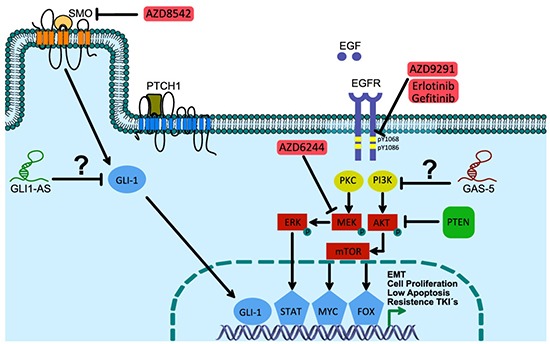Figure 5. Hedgehog and EGFR cell signaling pathways: under lncRNAs control in lung cancer cells?

SMO-antagonist compound AZD8542 negatively controls Hh pathway activation, promoting the genetic expression and/or activation of GLI-1. Additionally, it has been recently observed that an association exists between lncRNA GLI1-AS and GLI-1 mRNA expression levels, and afterwards promoting GLI-1 displacement to the cell membrane for a posterior interaction with an endogenous ligand (a GTPase type protein has been proposed). This promotes the nuclear translocation and transcriptional activity of GLI1A. The absence of SHH maintains the interaction of PTCH1 with SMO, contributing to the inhibition by blocking its displacement to the cell membrane, and promoting GLI proteolysis, which translocates as GLIR, and modulates the transcriptional repression of, among others, PTCH1, Cyclin D and E, FOXM1, ABCG2, and SOX2 genes.
